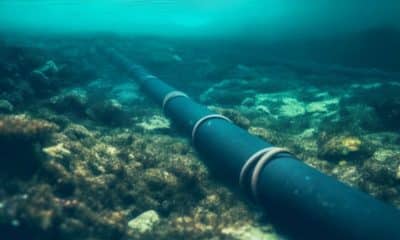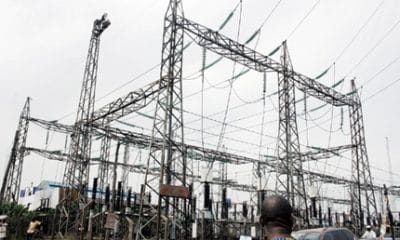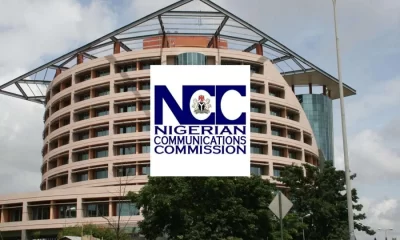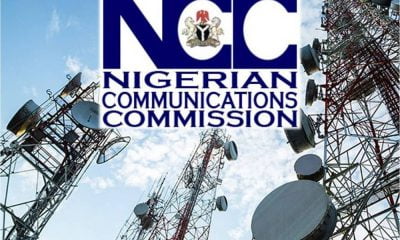Nigeria News
Internet Outage: Nigeria Seeks Joint West Africa Regional Protection Of Undersea Cables
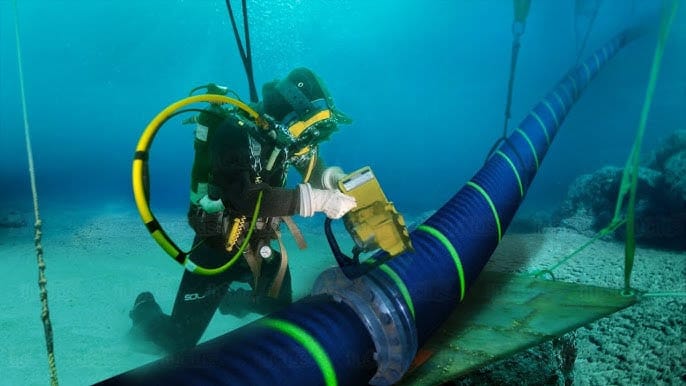
In the wake of recent submarine cable cuts that disrupted connectivity across several countries in West Africa, Nigeria has proposed a unified and collaborative strategy to safeguard the region’s telecommunications infrastructure.
Naija News reports that the Executive Vice Chairman of the Nigerian Communications Commission (NCC), Dr. Aminu Maida, emphasized this need during his statement at the 21st Annual General Meeting of the West Africa Telecommunications Regulatory Assembly (WATRA) held in Freetown, Sierra Leone, from March 19 to 22, 2024.
The disruptions affected nationwide networks in 12 African countries and underscored the vulnerability of the subregion’s telecom infrastructure to unforeseen damages.
Represented by Nnenna Ukoha, the Deputy Director of Public Affairs at the NCC, Dr. Maida highlighted the critical role that secure telecommunications plays in attracting Foreign Direct Investment (FDI) and boosting investor confidence within West Africa.
Referencing a report by Cloudflare, he pointed out that the reliability of telecommunications networks is a significant factor for investors, and ensuring their resilience can stimulate economic growth and improve the region’s competitive edge on a global scale.
Dr. Maida proposed establishing a framework for joint monitoring, risk mitigation, and emergency response procedures specifically for the submarine cables traversing the subregion.
He said, “Securing telecom infrastructure is paramount for fostering Foreign Direct Investment (FDI) and enhancing investor confidence in the West African sub-region. The reliability and resilience of telecommunications networks are crucial factors that investors consider when evaluating regional opportunities.
“By ensuring the security of these vital assets, we can attract more investment, spur economic growth, and enhance our competitiveness on the global stage.
“A secure telecoms infrastructure not only facilitates efficient communication and connectivity but also signals a commitment to safeguarding critical assets essential for business operations.
“This assurance can significantly boost investor confidence and create a conducive environment for sustainable economic development.”
He urged the WATRA Working Group on Infrastructure to expand its mandate and develop a comprehensive strategy to protect telecommunications networks and associated infrastructure against future disruptions.
The working group’s goals would include strengthening infrastructure resilience, promoting connectivity diversification, conducting regular capacity assessments, and advocating for the designation of telecommunications infrastructure as critical national infrastructure in member countries.
WATRA, established in 2002, serves as a collaborative platform for national telecommunication regulatory authorities in 16 member states.
Its mission is to foster the adoption of regulatory practices that encourage investment in telecommunications infrastructure, thereby providing citizens with more affordable, accessible, and secure communication services.

